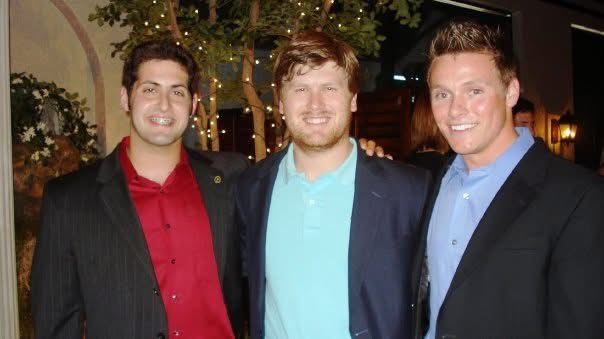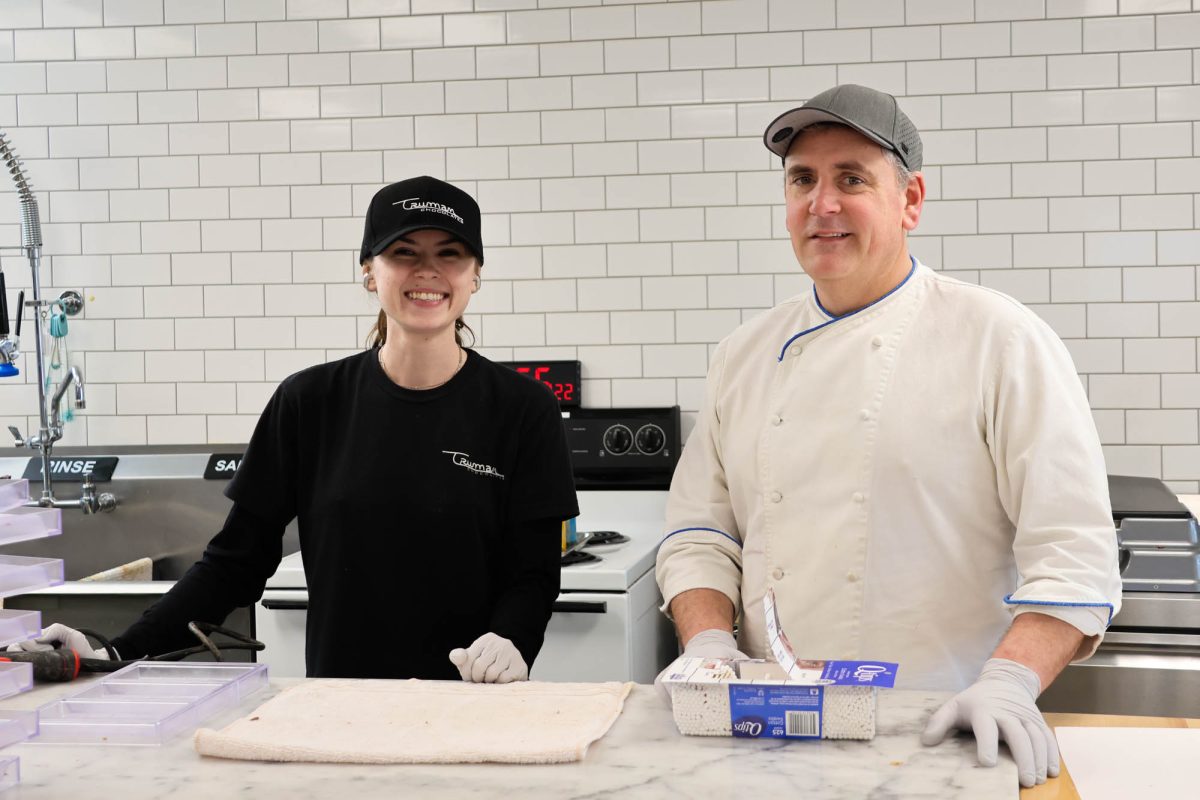Content warning: This article contains mention of sexual assault.
The trauma of sexual assault is a battle that does not have to be fought alone. Through awareness, prevention and support, one can make the journey toward healing.
April is Sexual Assault Awareness Month, or SAAM, when individuals and organizations come together to bring public attention to different forms of sexual violence in an effort to educate the community on prevention and support. At Texas A&M, many organizations and facilities host a series of different campus events to spread awareness, educate the public and show support for victims.
Health Promotion specialist Megan Woodfield said hosting these events, the division worked to ensure the events created a comfortable environment.
“This is a topic that centers around trauma and can [be] a hard thing for a lot of folks to talk about,” Woodfield said. “Creating spaces where we can talk about support aspects and how this impacts [people], without folks from campus or community required to report things, can [make] students feel safe in sharing their experience and getting the resources they need.”
Student Health Services, or SHS, Chief Nursing Officer Kristen Ely said sexual assault awareness and prevention is important for college students as the campus population is at high risk.
“A lot of [cases] do go unreported just because there tends to be a lot of shame and blame associated with the sexual assaults that occur,” Ely said. “So, letting them know that Student Health [is] here to be their advocates … we want them to be comfortable coming to us to get the care that they need and the resources that they need afterward.”
SHS Chief Medical Officer Dr. Tiffany Skaggs, Class of 1999, said SHS provides many health services and resources to sexual assault victims.
“We can take care of their medical needs, put them in contact with our psychologist at [the] Sexual Assault Resource Center,” Dr. Skaggs said. “We can [also] make sure they have safe housing, make sure their physical needs are taken care of and then we can do the follow-up, [where] we can do emergency contraception if that’s needed.”
Act to End Sex Trafficking and Assault, or AESTA, is an organization at A&M that strives to advocate and educate the community on issues revolving around sex trafficking and violence. Social media and public relations chair Michelle Arnold, a community health junior, said during April AESTA increased its social media presence to spread awareness.
“We did a post that talked about the statistics surrounding sex trafficking and violence in the U.S.,” Arnold said. “We also open[ed] to the platform that men, women and people who identify as non-binary are all victims of sexual trafficking assault. It’s not the stereotype that just women are victims of rape or assault or sexual harassment.”
As a victim of sexual assault, Arnold said the organization wants to let campus individuals know there are ways to advocate for themselves to get help and support.
“Going through that experience is a very lonely experience and there’s a lot of survivors that end up having mental health crises, self-harm, suicidal thoughts [or] substance abuse, and that’s just an experience that we don’t want our fellow Aggies to have to go through,” Arnold said. “There should be a community that welcomes and supports survivors [in] aiding them and their healing process, as well as empowering them to speak up if that’s what they want to do.”
Woodfield hopes all awareness surrounding SAAM allows victims to see there is support for them, as the Aggie community stands with them.
“I would hope that they’re able to know that there are a lot of people on campus who are trained in trauma-informed care response, who care about them and want to help guide them to whatever they feel they need to heal and grow,” Woodfield said. “Aggies care about each other and support each other — and not just in April, but year-round.”
Ely said individuals who may not have experienced sexual assault, but know or see someone that is, should speak up.
“Be willing to intervene, of course keeping yourself safe, but say something if you see something you think that is uncomfortable or if you feel that the person is in danger,” Ely said. “Make sure that you’re there for people if you know you’re able to help [and] if they need to be helped.”
This Sexual Assault Awareness Month, campus members share resources for survivors
April 25, 2022
Photo by Photo Courtesy of Nick Youngson
Throughout April, Aggies demonstrate activism against sexual assault.
0
Donate to The Battalion
$1865
$5000
Contributed
Our Goal
Your donation will support the student journalists of Texas A&M University - College Station. Your contribution will allow us to purchase equipment and cover our annual website hosting costs, in addition to paying freelance staffers for their work, travel costs for coverage and more!
More to Discover










